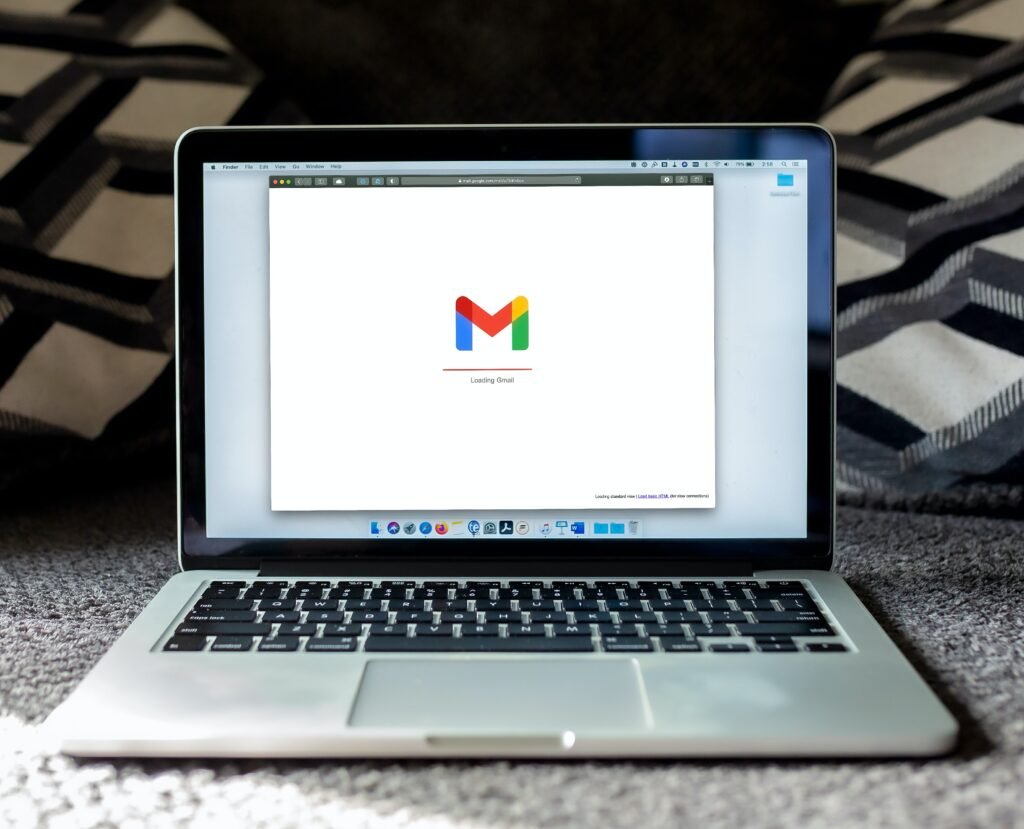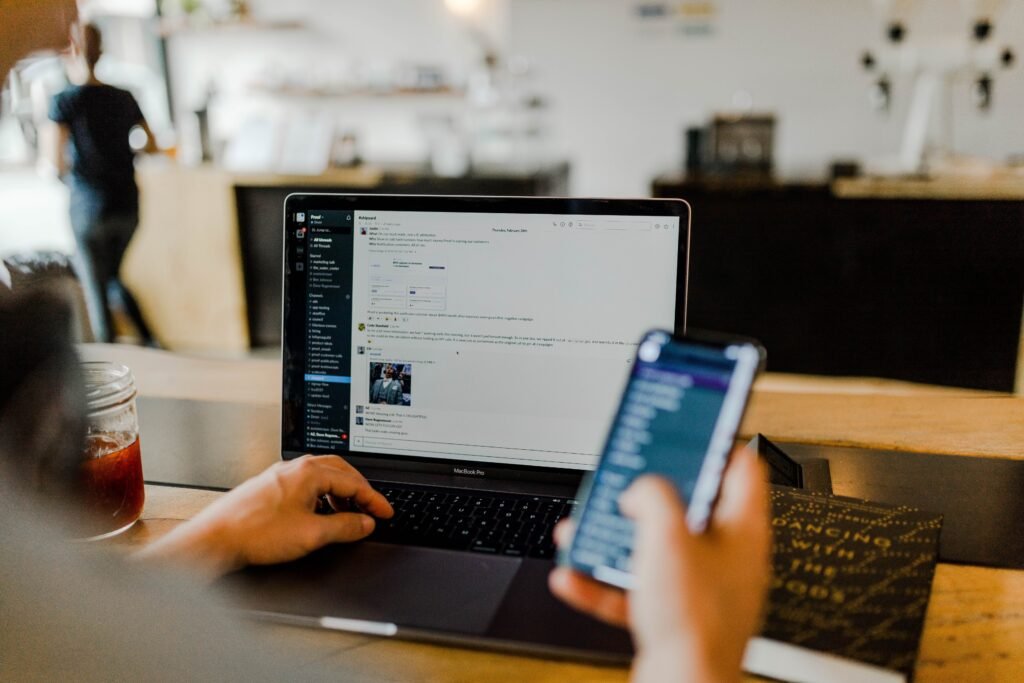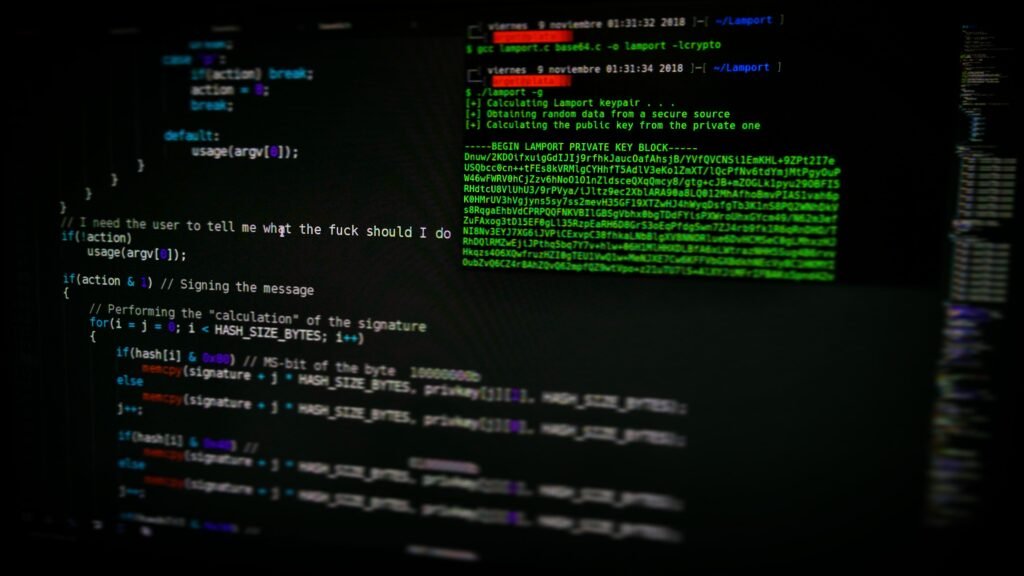Cybersecurity should be a top priority for anybody who uses the internet often. At a basic level, most individuals are aware of privacy problems. According to Pew Research, 86% of web users desire more security and work on getting it. However, individuals are usually ignorant of some options available to them.
Cyberthreats have grown common. Even the US federal government has set up a research and development agency to develop a strategy for developing technology and regulations to reduce cyberspace threats.
People are exposing more personal information to the internet as they utilize social media sites and networks, making it increasingly difficult to preserve critical data. Luckily, several methods for safeguarding your online identity and personal data.
Here are some actions you can take to ensure the safety of your data.
Secure Your Email
Organizations that send sensitive information frequently utilize email encryption the most. However, many people are employing it to safeguard their privacy. Encryption scrambles data for anybody but the authorized sender and receiver, so even if a hacker had access to your data, authenticating the information will not be possible.
Email encryption may be easily implemented into your existing email account and is recommended for sending extremely sensitive data such as credit cards or social security numbers.
Get a VPN
The most secure approach to preserve your privacy in the digital era is to use a virtual private network (VPN). You can think of it as a tunnel between your device and the internet. No one can monitor your online activity since this tunnel is protected by SSL security and other privacy protection measures.
VPNs allow users to regain control over their data. Your IP address tells your ISP all the information you provide and everything you do. You may avoid your ISP and disguise your online activities by altering your IP address. You can accomplish this using a VPN since it routes your traffic through its servers.
VPN services are open to everyone, not just businesses. Choose a solid personal VPN to fit your everyday browsing requirements, and you’ll have eternal security.
Take Caution with Email Links and Attachments
Phishing is one of the most prevalent methods of gaining access to a person’s personal information. Fraudsters send emails posing as respectable organizations or even people you know to obtain personal information.

They also utilize malware, ransomware, and other viruses for the same purposes. Be cautious about clicking links or downloading files when you get an email, even if it’s from someone you know. If the email appears suspicious, immediately delete it without clicking any further.
Make Your Passwords Strong and Update Them Frequently
In creating secure passwords that preserve your privacy, the ordinary internet user falls short. 1234567, QWERTY, password, abc123, and repeating numerals are the most used passwords.
Your best defense against brute-force hacking attacks is a strong password. Adding a difficult feature, such as a distinctive character or capital letter, to your online accounts offers another degree of security.

Additionally, updating your passwords frequently helps. To prevent unwanted access to sensitive information, many companies ask workers to change their passwords regularly. While changing your password monthly for your personal information may not be feasible, consider changing your password at least annually.
Protect Yourself with Anti-Malware and Anti-Virus Software
Hackers frequently utilize malware, which is dangerous software that allows them to steal or remove information from your computer while also causing damage to the device. Viruses have the potential to accomplish the same thing.

Never use an internet-connected device without anti-malware and anti-virus software installed. It is relatively cheap to get. Use applications built for the same purpose to safeguard your mobile devices.
On Websites, Look for Privacy Indicators
Check for evidence that the site is safe if you’re asked to enter confidential information like phone numbers, addresses, or credit card numbers. If it isn’t, you may as well give up your data to an attacker willingly. Check sure the site URL begins with “https://” first.
Use Caution When Using Public Wi-Fi
While public Wi-Fi is helpful, it poses a significant privacy risk. Many individuals use public Wi-Fi regularly, whether from a hotel or a coffee shop. It’s really simple to hack a public Wi-Fi network. Anyone can know how to do it by viewing YouTube videos with millions of views.
They may use a “man in the middle” or “evil twin” assault to intercept data as it goes from your devices to the server. If you don’t have a VPN, be cautious when using public Wi-Fi. A VPN will safeguard you from novice hackers, allowing you to utilize public Wi-Fi safely.
Bottom Line
As technology advances, so does the value of the data generated and processed and the dangers of compromised digital privacy. Information privacy and data security are, without a question, the cornerstones to digital well-being and peace of mind for anyone who utilizes the internet.
In today’s digital world, keeping your information private is critical. And addressing this ongoing worry may be easier than you think. These suggestions are an excellent place to start if you want to stay safe online.

